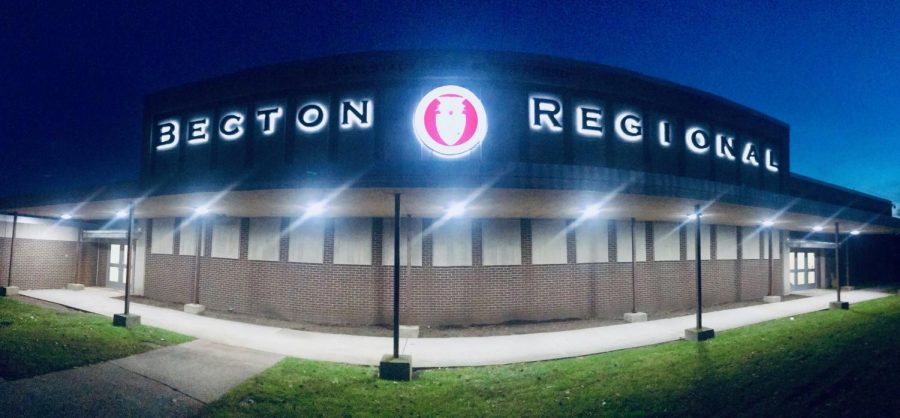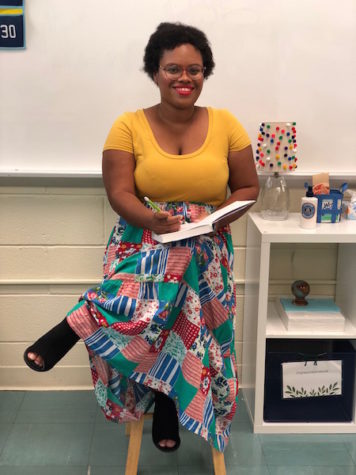Students Become the Masters (of College)
Henry P. Becton alumni visit seniors to talk about life after high school.
February 12, 2020
Recently graduated Becton alumni revisited their alma mater on January 7th and 9th to discuss college life with senior students. Math educator Mrs. Ferris enlisted the help of her previous students to talk about boarding at universities, what to expect from professors and the overall differences between college and high school. Mrs. Ferris emphasized to the seniors that “You will not be the same person next year that you are right now. I know you don’t believe it, but you will change.”
Twenty four students were split into two groups for both days, ranging from those attending school in and out of New Jersey to those living in and commuting to their university. The Tuesday discussion was kicked off with the panel explaining the environment of their classrooms and dealing with educators. Luke, a student at Rutgers University, advised that students should “make connections with [their] professors. In high school, everything is handed to you, but [college] is so much harder.” Everyone agreed that the teenagers must be prepared for the increased independence that comes with the future, and must keep themselves focused on their work.
University of Delaware student and Becton’s 2018 valedictorian Alyssa Lesho expressed, “Some teachers will not care as much as the ones in high school, so it is up to you to study and make sure that you’re on the right track.” Lisa Squeo, of Montclair State University, added that “[College] is free rein. At the end of the day, you can do whatever you want, but if you’re on your phone all of [the] class, you’re going to suffer. [Professors] are not going to check up on you.”
When it came to ways students could prepare for their courses, everyone unanimously agreed on two things: 1. No one should purchase their textbooks from the school, as they are not always necessary and can be found cheaper online, and 2. Everyone should make at least one friend in each of their classes in case they’re absent and need help. Montclair State student Julia, told the audience to print out their courses’ syllabuses during the very beginning of their first semester to know what will be expected of them throughout the class. Joshua Novello from Seton Hall was persistent when talking about making a calendar to keep up with assignments and completing them in a timely manner.
As far as campus life goes, the panel encouraged the seniors to step out of their comfort zones in order to get the most out of their overall college experience, at least socially. Lisa commented that, even though she commutes to her school, “I am more involved than some people who actually dorm there.” She, along with other members of the college panel, immerse themselves in events at their school, such as sporting events and clubs.
Colorado State University students Jaylen Nuila and Cindy Mucco discussed how they make new friends through more unconventional means, which includes leaving their dorm room doors open and waiting for wandering students to come in and introduce themselves. Since most college freshmen are essentially on the same playing field, they need to band together and assist one another in their academic endeavors. Lauren Kaszka said she and a group of classmates found solidarity in the fact that they were all embarking on their new chapters of life in the classroom.




